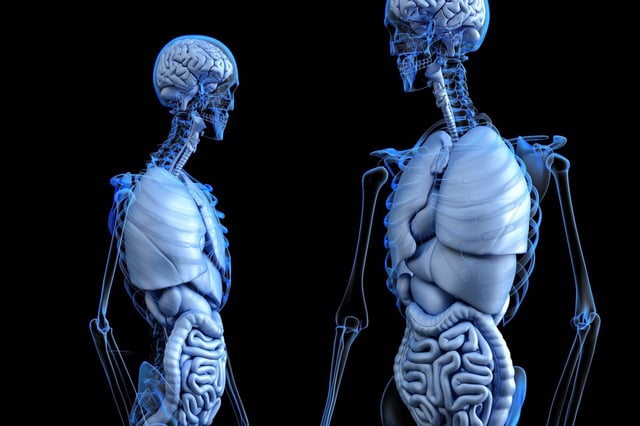Overview
- The study highlights the role of gut microbial imbalances in disrupting the tryptophan metabolic pathway, impacting neurotransmitter production and autism-related behaviors.
- Researchers analyzed data from 43 children with autism and 41 neurotypical children, integrating behavioral assessments, brain imaging, and fecal metabolomics.
- Significantly lower levels of tryptophan-related metabolites, such as kynurenate, were found in children with autism, correlating with altered insular and cingulate cortical activity.
- The findings establish a connection between gut metabolites and autism symptom severity, including sensory sensitivities and social difficulties.
- This research underscores the potential for developing interventions targeting gut health to alleviate behavioral and neurological symptoms in autism.

